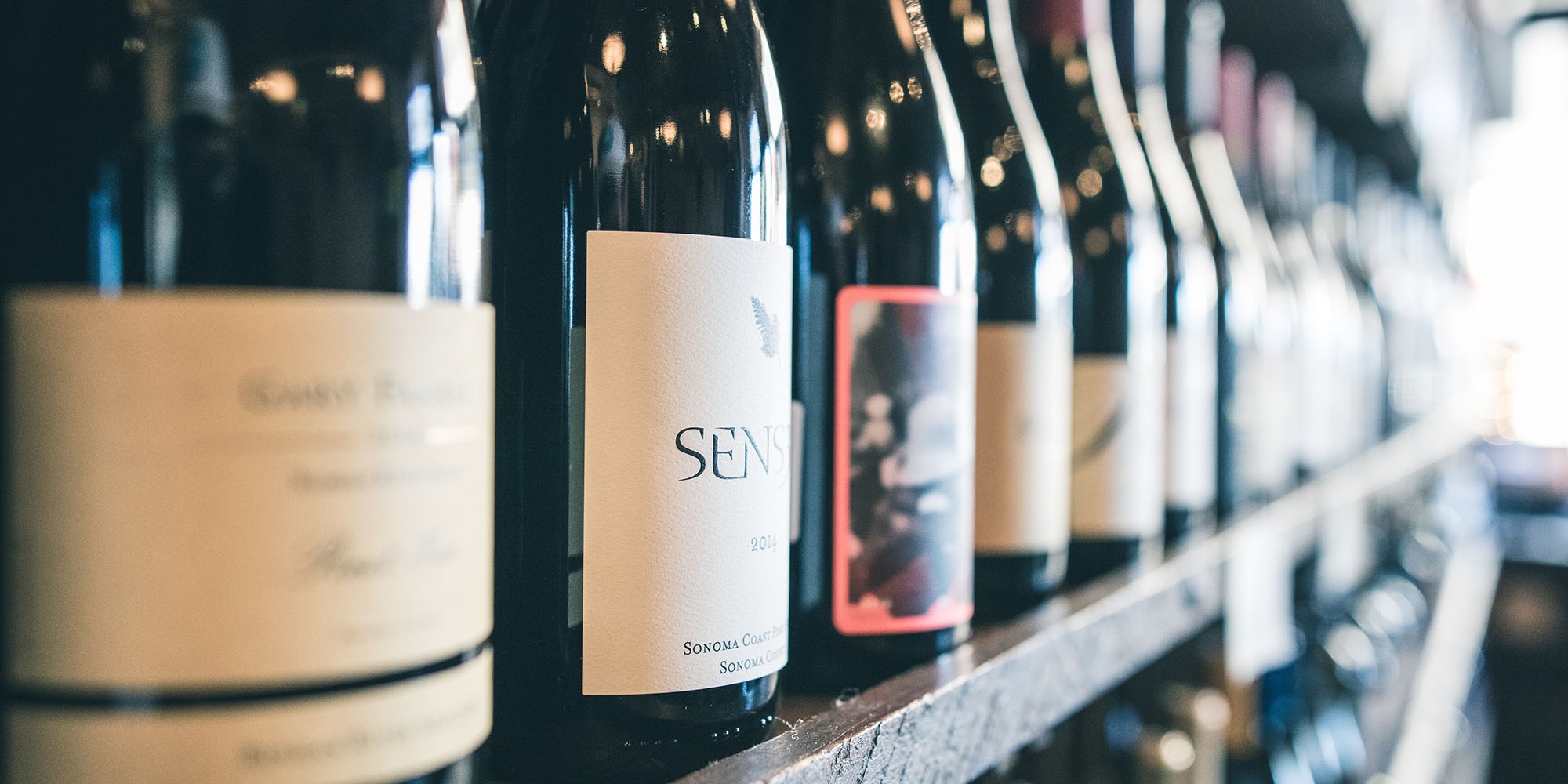South African retailers, online wine merchants and delivery apps had a bumper day on Monday as South Africans loaded up on their favourite tipples from Monkey Shoulder and Jameson whiskey to wine and beer by the caseload.
While retailers were unwilling to go into specifics on volume or turnover it is estimated that in excess of R250-million was spent in towns from Polokwane to Worcester on Monday.
“Liquor sales were brisk and can best be compared to Black Friday demand, except significantly higher,” said Brian Leroni, corporate affairs executive at Massmart, which includes Makro in its stable.
Online trade was exceptionally good, he added. Makro made use of WumDrop, a new “last mile” delivery kid on the block, and OneCart to ensure it kept up with deliveries.
Another delivery app that had a bumper day was Bottles, which, four years ago, was the first on-demand alcohol delivery platform in South Africa, but which saw its business evaporate under lockdown.
“We pivoted from delivering alcohol to groceries in four days,” said Vincent Viviers, co-CEO and co-founder of Bottles.
Under lockdown, the company doubled its user base, doubled its average basket size and quadrupled order volumes. It also increased its coverage to 95 retail stores (Pick n Pays) across the country, adding Port Elizabeth and Soweto to the network.

(Photo: Unsplash/Scott Warman)
But nothing could prepare the team for the volume of demand on Monday.
“We were expecting a lot of people to order, but we did not expect the volumes we experienced,” Viviers said. “We have never dealt with that number of requests before and all of our available slots were booked in seconds – we had to send out apologies to our customers.”
Retailers were also anxious about being able to satisfy customers’ in-store demands and thus allocated Bottles a limited share of their stock.
“We limited our clients to a case of beer, a case of cider, six bottles of wine and three bottles of spirits,” he adds. “We learnt some lessons from the lockdown.”
Pick n Pay also applied purchasing limits on Monday and noted that by Tuesday conditions had already begun to ease.
Makro noted bigger basket sizes than usual. “There was a degree of rush buying which seemed to be driven by lack of customer confidence that government would allow ongoing trade,” said Leroni. Concern about weekend trading restrictions would also have played a part, he said. But this is not expected to continue.
Liquor sales have been a boon for local retailers Spar, Shoprite and Pick n Pay, which have expanded aggressively into the sector over the last few years.
Spar now has 844 Tops stores, almost as many as its 979 food stores. Liquor sales generated R7.4-billion worth of turnover for the retailer in the six months to March 2020, 10.6% more than the previous year and a substantial chunk of its R46.4-billion of group-wide turnover.
Pick n Pay does not disclose turnover sales from its 572 liquor stores but noted in its annual results to March that liquor sales grew ahead of food and grocery, driven by wine, gin and craft beer.
Similarly, at Shoprite, liquor sales, spanning both the Checkers and Shoprite brands, reported 20.5% sales growth across 495 liquor stores in the year to end December 2019.
For all retailers, items like liquor, tobacco, clothing and most general merchandise have relatively high margins compared with basic food and grocery lines – thus they will be relieved that alcohol sales have reopened, even if the sale is highly restricted.
The pineapple farmers in the Eastern Cape will be disappointed, however. BM/DM



















 Become an Insider
Become an Insider